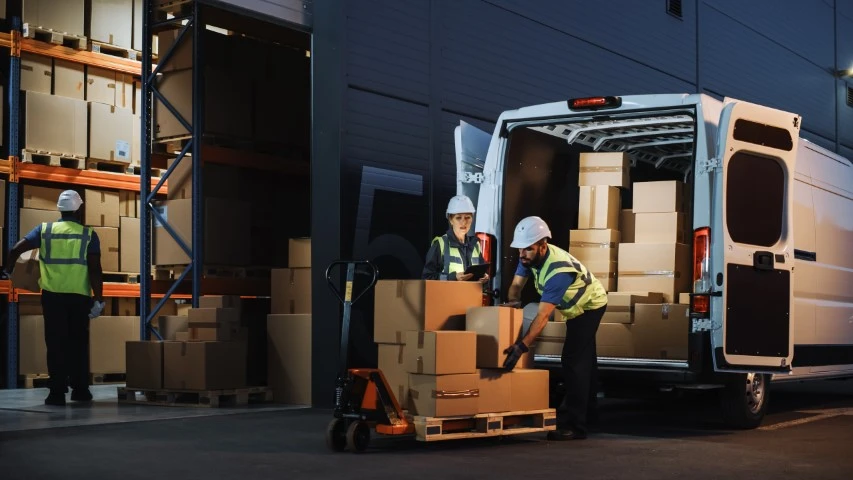PepsiCo’s Climate Rollback: What It Signals About The Future Of Net Zero Commitments
PepsiCo’s Climate Rollback: What It Signals About The Future Of Net Zero Commitments
PepsiCo’s recent decision to scale back key climate and packaging targets is the latest sign of mounting pressure on corporate net zero strategies. The organization announced a downgrade to its 2030 emissions reduction goals, cutting Scope 1 and 2 targets from a 70% decrease to 61% and reducing its Scope 3 FLAG (forest, land and agriculture) goal from 40% to 27%, all relative to a 2015 baseline. It also abandoned a pledge to cut virgin plastic use by 20% by 2030, replacing it with a modest 2% annual reduction target, despite plastic use having risen 6% since the original goal was set.
While PepsiCo emphasized that its revised targets remain aligned with the 1.5°C pathway and have been validated by the Science Based Targets initiative (SBTi), the rollback is part of a broader pattern. Other global brands including Amazon, Microsoft, Unilever and Walmart have recently announced similar moves. This growing trend raises important questions about the durability of corporate net zero targets and what their retrenchment might mean for the global climate agenda.
The recalibration of climate targets points to a harsh reality: set five to ten years ago, the first generation of net zero goals were often ambitious, headline-grabbing and rooted in what was technologically or commercially feasible at the time. Those early efforts reaped quick wins: energy efficiency upgrades, renewable energy contracts and operational improvements. However, the challenge now lies in deeper decarbonization, particularly across value chains and in areas where alternatives are costlier or less mature. These harder yards of climate action are revealing the limits of voluntarism and the pressure of near-term financial performance. Indeed, Jim Andrew, Chief Sustainability Officer at PepsiCo, alluded to this, stating that the organization had failed on its current target because of “the dynamic realities that our company and the broader industry face today”.
What PepsiCo’s move highlights is not just corporate recalibration, but the start of a wider rethink. The future of net zero targets must hinge less on bold philanthropic pledges and more on credible, adaptive strategies backed by transparency, financial realism and accountability. Without a shift toward enforceable frameworks and clearer pathways, more organization may find themselves in this exact position five years from now.
To learn more about what the future of net zero targets may look like, see Verdantix Market Insight: What Actually Happens When Firms Miss Net Zero Targets.





















